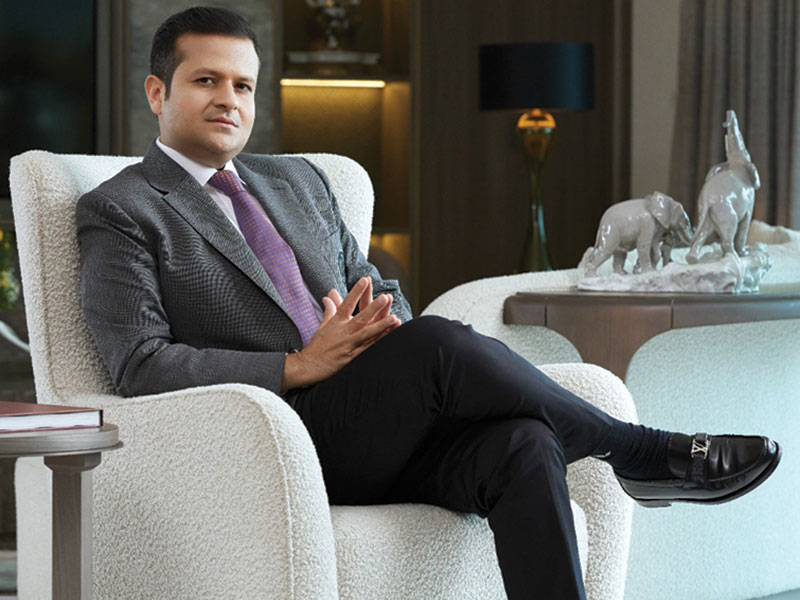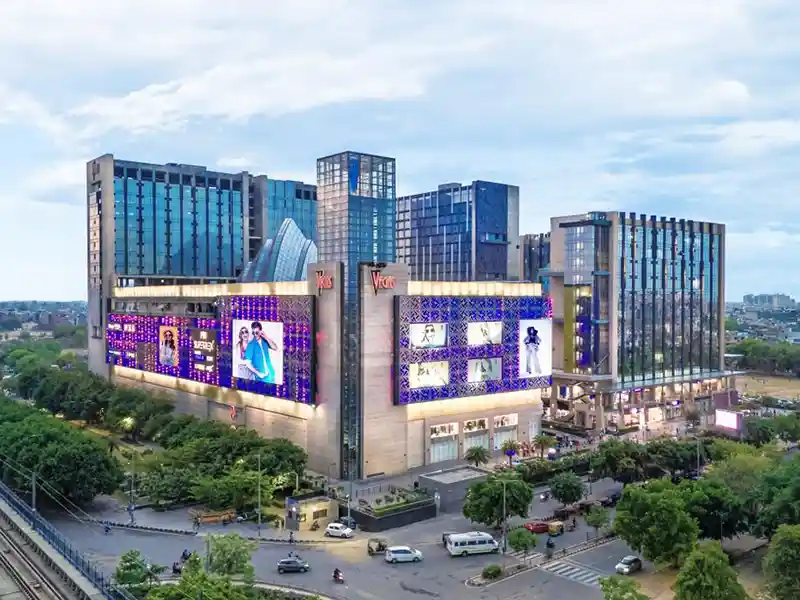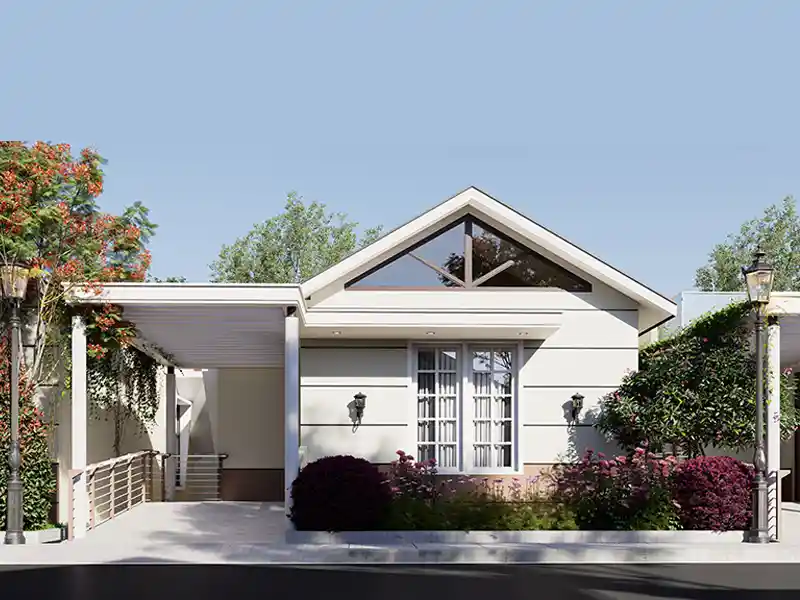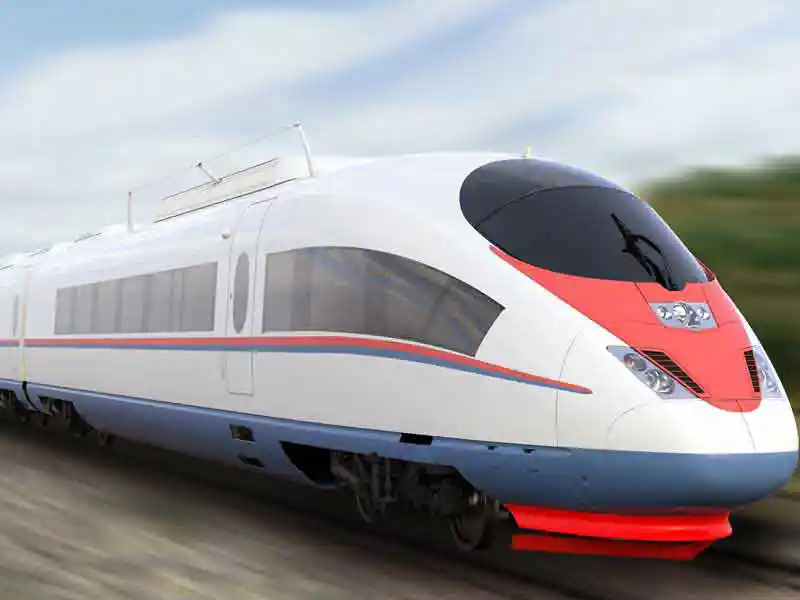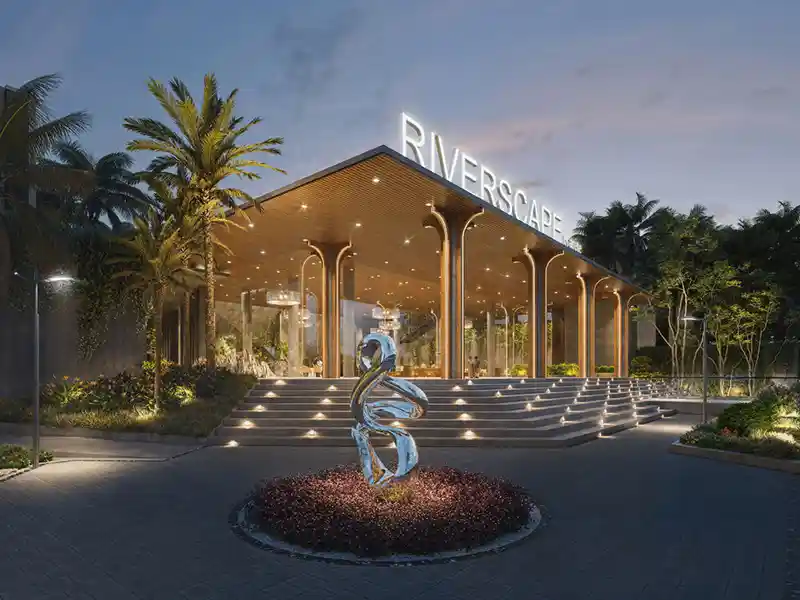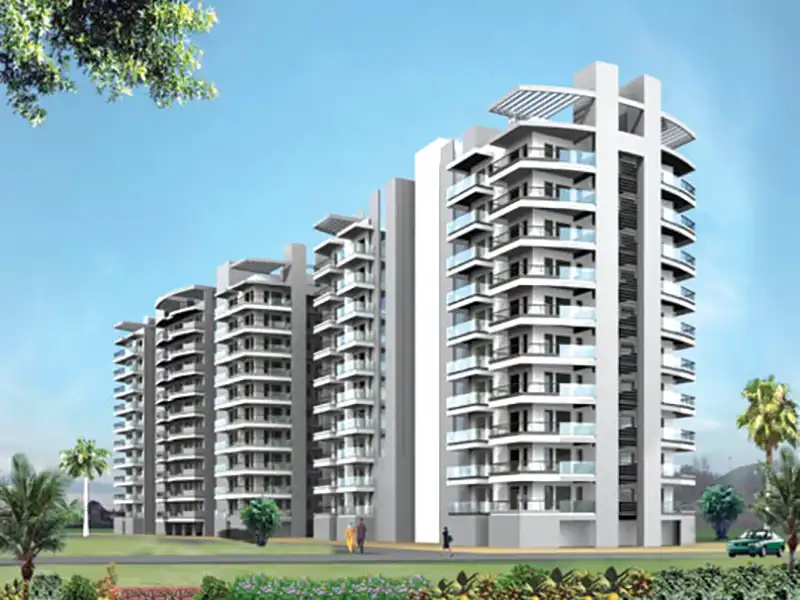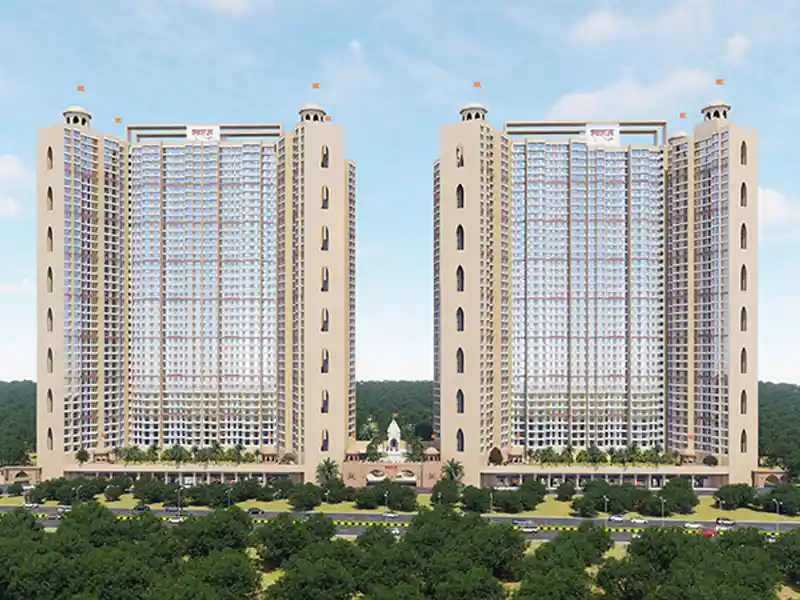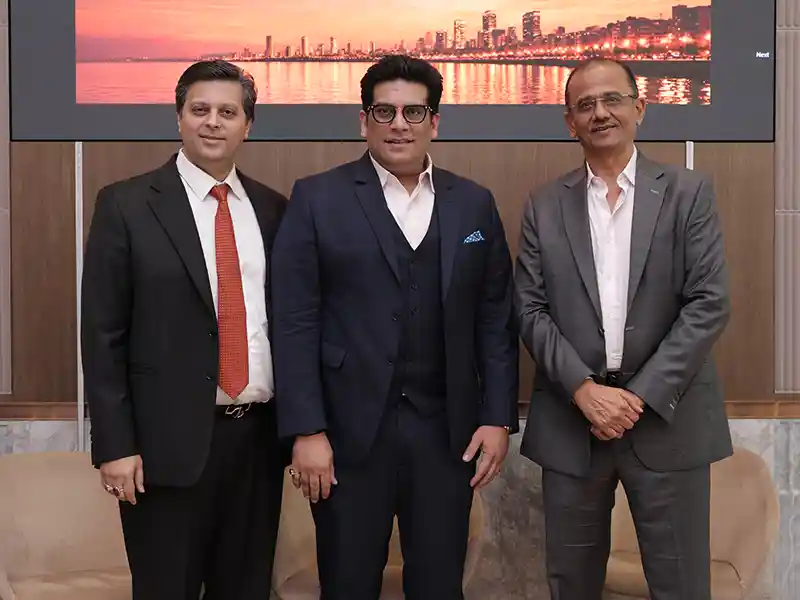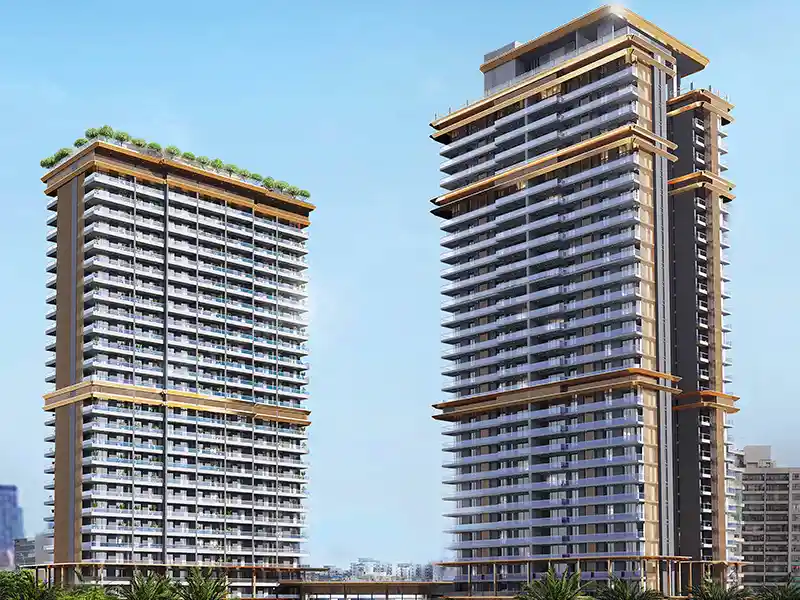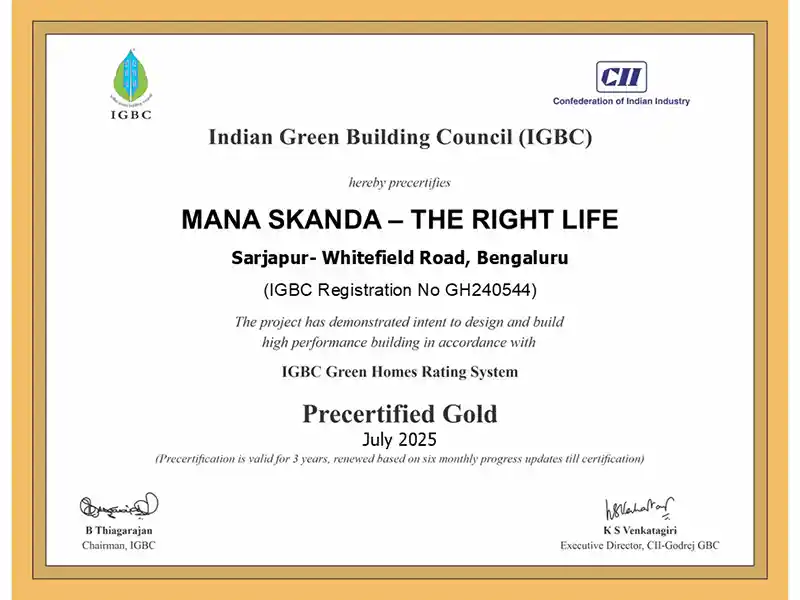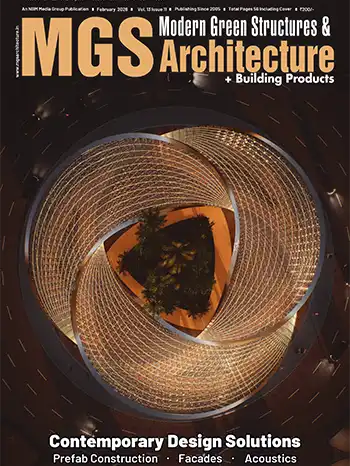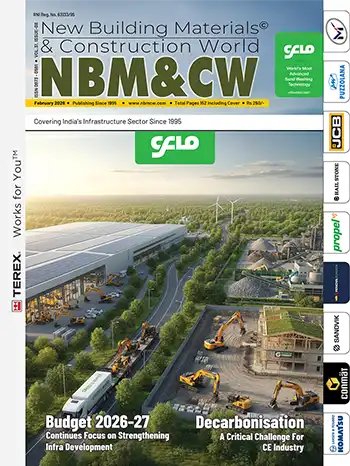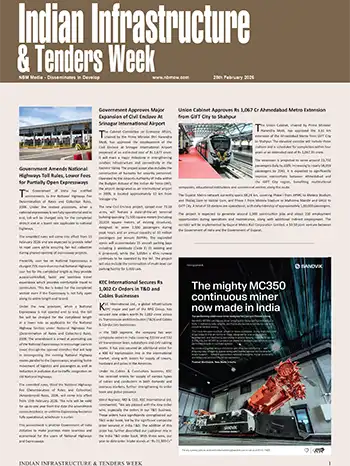The integration of technological advancements into the traditional value of owning a house has created new living spaces, giving a makeover to real estate from sprawling buildings to smart homes. Making a residence more responsive, efficient, comfortable and secure via a smartphone or computer with the help of cutting-edge technology, digitalization has reimagined the essence of real estate and luxury living in India.
“The rise of smart homes, expected to grow by 9.14% from 2024 to 2028, reflects a paradigm shift in urban living where technology blends convenience and mobility with Gurugram’s thriving green building sector. This is expected to increase by 2025, emphasizing the strong commitment to achieving environmentally sustainable development. In addition, these technologies are energy and water efficient and increase indoor air quality and property values. Besides, as green buildings are on the rise in Gurugram, it exemplifies India’s shift towards sustainable construction practices. Furthermore, Gurugram’s emergence as a global smart home hub shows rapid urbanization and technology adoption. With ongoing innovation, we are witnessing tremendous growth and transformational impact, driving the growth of smart and green urban infrastructure in the coming years.”
Ashish Sharma - AVP Operations, Brahma Group
According to a joint report by Resurgent India and NAREDCO, the smart homes market in India is estimated to surge by 9.14 percent from 2024 to 2028, clocking a market volume of USD 9.2 million. The anticipated growing market of smart homes is driven by several factors such as rapid urbanization, rising disposable income, robust technological advancements, and changing consumer preference. This apart, government initiatives and the rise of smart cities are also contributing to the soaring market for smart homes.
The evolution of smart home technologies has transformed from basic automation to sophisticated integrated systems incorporating AI, IoT, and voice control. This move has impacted everyday living as smart appliances, advanced security systems, and energy management solutions enhance convenience, security, and energy efficiency.
Consumer attitudes towards smart home technologies are increasingly positive, as they want to live with convenience and secure lifestyle. Recent trends in smart home innovations focus on affordability and improving user experience, making advanced technologies more accessible to a broader audience.
Residential projects that feature advanced home technologies are set to offer a wide gamut of benefits, including automation, modern security systems, energy management solutions, and smart appliances, among others – the reason why real estate developers in India are aiming to transform the real estate landscape by building assets of world-class quality and setting new benchmarks in customer service, through advanced smart technologies.
“The smart homes market in India is projected to grow by 9.14% from 2024 to 2028, reaching a market volume of USD 9.2 billion. This growth is driven by the increasing integration of Internet of Things (IoT) devices in homes, which enhance security, energy efficiency, and convenience. Developers are incorporating smart home technologies into their luxury projects to attract investors and homebuyers. Smart home features like remote access, automated lighting, and security systems are becoming increasingly popular among tech-savvy millennials, who make up a significant portion of current homebuyers. As smart home technology becomes more accessible and user-friendly, its adoption is expected to accelerate across various segments of the Indian real estate market.”
Ashish Agarwal - Director, AU Real Estate
With the fast pace of urbanization, where the population may reach 600 million by 2031 as the Union Ministry of Housing and Urban Affairs reports, the demand for smart homes and technologically oriented real estate is bound to rise among homebuyers who want to seek experiential living with sustainability. Developers and industry players are all set to cater to the needs of India’s discerning young population, who desire a convenient living experience with a commitment to environmental care.


